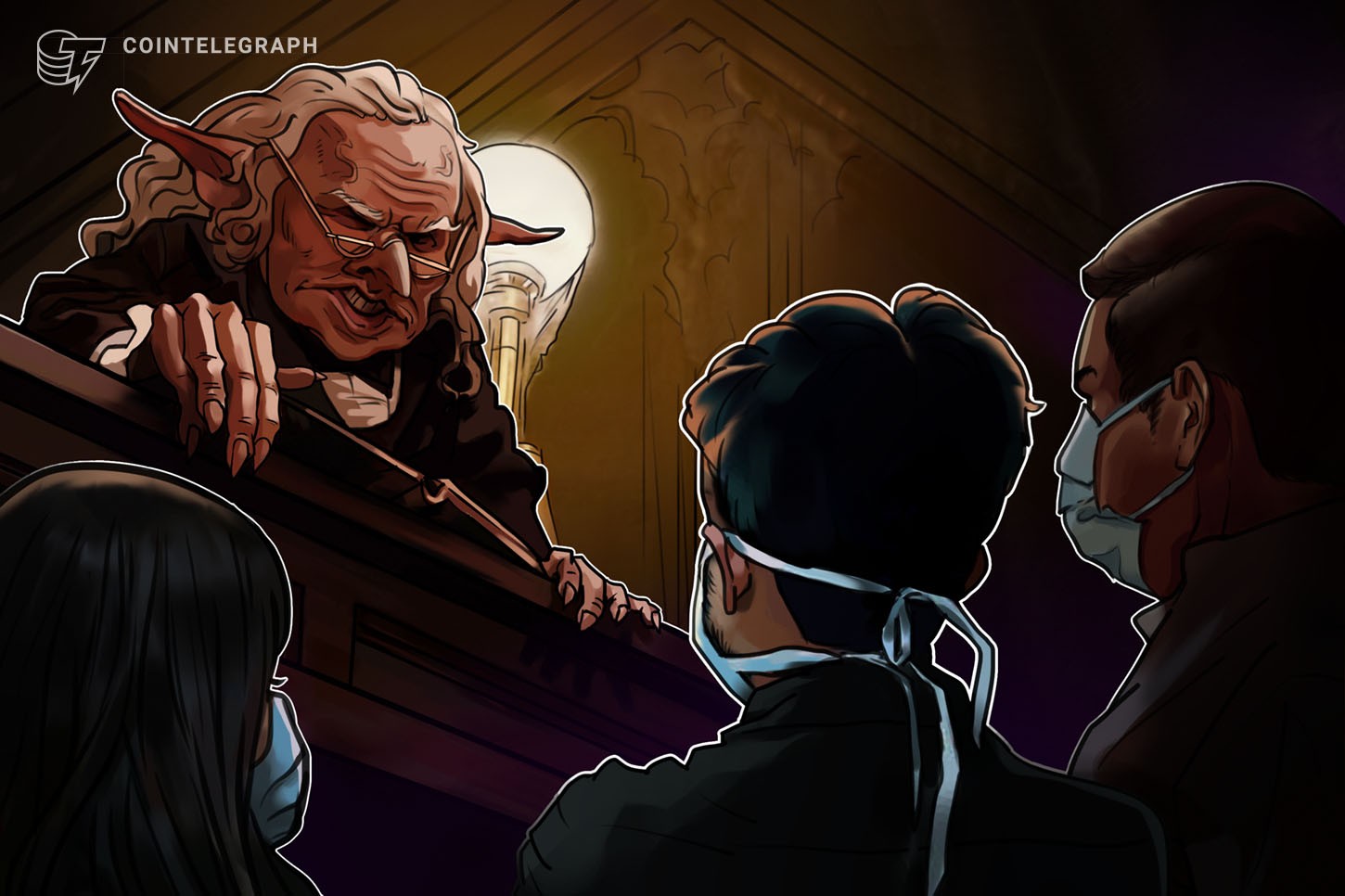Payments of $1,200 from the CARES Act to Americans in need have begun to go out to those who authorized the Internal Revenue Service to make direct deposits into their bank accounts. However, the money may never reach its targets.
Intended to help families through the coronavirus crisis, the payments were not exempted from private debt collection, which means banks and other creditors could lawfully intercept the emergency payments. If ever there was evidence that cryptocurrencies were a safer way for people to receive funds, CARES Act payment interceptions and garnishments are surely proof.
The indifference of bank and creditor knows no bounds
Twelve years after gleefully accepting a good chunk of the $440 billion disbursed through the TARP program in the wake of the global financial crisis they caused, legacy banks are again using a crisis to shore up their balance sheets.
The payments cannot be intercepted by state or federal agencies to service debts, with the exception of child support payments in arrears. But Congress failed to extend that protection to private debt collection.
Treasury Secretary Steven Mnuchin became aware of the potential for banks to intercept payments a week after the legislation was written and two weeks after funds began to be issued. Despite the Treasury having the power to prevent the interception and members of the Senate urging Mnuchin in an open letter dated April 9 to enact those powers, nothing has been done to prevent banks from seizing payments.
And indeed they have done just that.
The United Services Automobile Association, or USAA, a bank that “proudly serve[s] military members and their families” took $3,400 in CARES Act payments from a disabled veteran to service past debts despite the family’s dire financial circumstances. According to the veteran’s wife, the bank told her over the phone that they “shouldn’t have gotten into debt in the first place.”
Greed Trumps need
According to a recent poll, just over half of Americans under the age of 45 have had work hours reduced. For those workers and their families, the coronavirus emergency relief money represents their only lifeline. Banks, however, stand in the way of that assistance.
Wells Fargo, JPMorgan Chase, Bank of America, Citibank and U.S. Bank were asked if they would use the money to service past debt. JPMorgan Chase committed not to seize monies for closed accounts that were in arrears. JPMorgan Chase, Wells Fargo and Bank of America agreed to pause repayments for at least 30 days.
As Lauren Saunders from the National Consumer Law Center said:
“At a time when people are desperate to buy food, the idea that anybody would grab [the $1,200 payments], let alone the banks they trust with their money, is appalling.”
Meanwhile, it’s not only banks that can leap between people and their relief payments. Lisa Stifler from the Center for Responsible Lending said that “payday lenders in many states have access to bank accounts and can seize that money as well.”
Trustlessness to solve a broken trusted system
Since Bitcoin (BTC) was first created, there has been no need for a trusted third-party intermediary in a transaction between two parties. The imperative to pursue trustless transactions has never been greater — especially if the trusted intermediary cannot be trusted at all.
Bank interceptions of emergency payments to families who suddenly, by no fault of their own, find themselves unemployed and unable to buy basic daily essentials is an act of grotesque cynicism and malfeasance.
The concerns many governments have over crypto’s ability to destabilize their financial systems and reduce the number of levers they have to respond to crises, such as the one the world currently faces, are more appropriately laid at the feet of the legacy banking system.
As the government tries to stave off a Great Depression-style meltdown that would be ruinous to millions of households, the banking system and predatory lenders are positioned to take advantage of those efforts. The risks they pose to the wider economy could be mitigated if a blockchain-based payment system were in place so that households had unmitigated access to their money.
Cryptocurrency payments transferring directly into people’s self-custody wallets would not be at risk of seizure by an intermediary. The pandemic may yet be a tipping point, proving beyond doubt that trustless transactions are not only more efficient but help decision-makers and households alike navigate an economic disaster without the threat of banks taking deposits hostage.
Little in terms of positivity may come from this global health crisis. But if it proves that the legacy financial infrastructure can interfere with a government’s efforts to minimize financial hardship by confiscating funds that belong to households when they need it most, the coronavirus pandemic may be the catalyst for a cryptocurrency awakening.
The views, thoughts and opinions expressed here are the author’s alone and do not necessarily reflect or represent the views and opinions of Cointelegraph.
Paul de Havilland is a fan of disruptive technology and an active investor in startups. He has experience covering both traditional and emerging asset classes and also pens columns on politics and the development sector. His passions include the violin and opera.
This opinion article presents the contributor’s expert view and it may not reflect the views of Cointelegraph.com. This content has undergone editorial review to ensure clarity and relevance, Cointelegraph remains committed to transparent reporting and upholding the highest standards of journalism. Readers are encouraged to conduct their own research before taking any actions related to the company.


